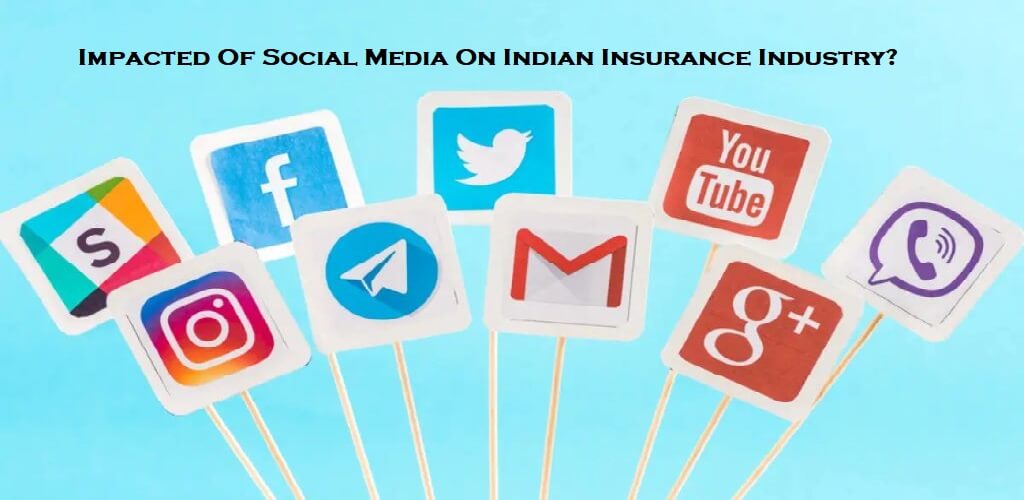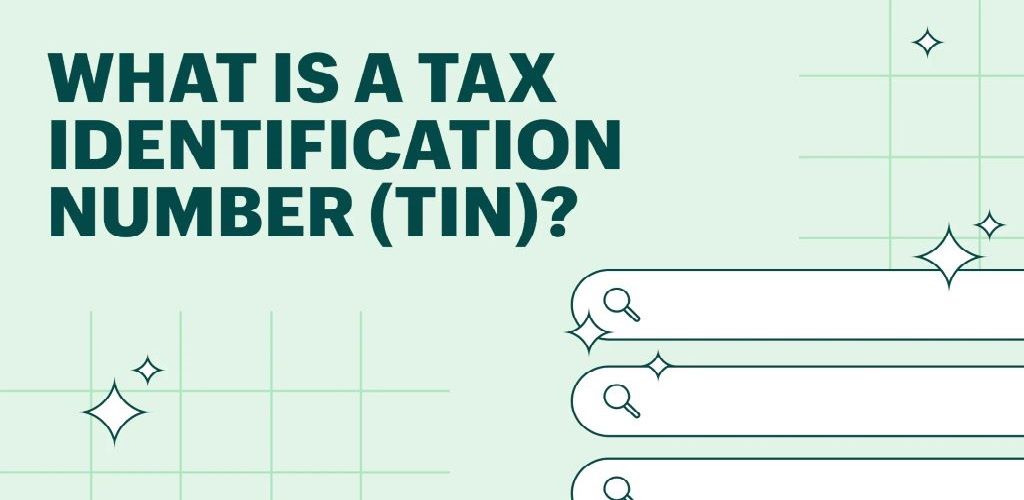Social media has become a powerful tool in shaping modern society, affecting how individuals communicate, interact, and consume information. The Indian insurance industry has recognized the potential of social media and has embraced this digital revolution to engage with customers, enhance brand visibility, and streamline operations. In this comprehensive analysis, we will explore the profound impact of social media on the Indian insurance sector, including its transformative effects on customer engagement, marketing strategies, sales channels, customer service, data analytics, regulatory compliance, and future trends.
What is the role of social media in the insurance industry?
Social media has a multifaceted role in the insurance industry. It serves as a powerful tool for customer engagement, marketing, sales, customer service, data analytics, and brand management.
Firstly, social media platforms provide insurers with direct engagement with customers. This helps to build trust through personalized communication, addressing queries, and fostering relationships.
Additionally, social media is an effective marketing channel. It allows insurers to promote their products and services, target specific demographics, and increase brand visibility through targeted advertising, influencer collaborations, and content marketing strategies.
Social media also facilitates sales and lead generation by providing insurers with platforms to showcase their offerings, educate consumers, and streamline transactions.
Moreover, social media platforms offer valuable data analytics insights. This enables insurers to analyze customer behavior, sentiment, and preferences to inform product development and marketing strategies.
Lastly, social media plays a crucial role in customer service and support. It provides channels for real-time assistance, complaint resolution, and feedback management. This enhances overall customer satisfaction and loyalty.
Impact of Social Media on the Indian Insurance Industry
Evolution of Communication Channels:
The emergence of social media platforms has brought significant changes to the way insurers communicate with their customers. These platforms facilitate direct communication between insurers and customers, allowing for prompt addressing of queries and concerns. Consequently, traditional communication methods have been supplemented, or in some cases, even replaced by social media channels. This shift has resulted in greater convenience and accessibility for customers.
Impact on Customer Engagement:
Social media platforms are extremely useful tools to engage with customers, allowing insurers to interact with their audience, collect feedback, and establish relationships. By creating interesting and relevant content, personalizing communication, and actively participating in online communities, insurers can develop trust, loyalty, and brand advocacy among customers.
Marketing and Advertising Strategies:
Insurance companies can leverage social media platforms to market and advertise their products and services in a variety of ways. They can use targeted advertising, collaborate with influencers, and run content marketing campaigns to reach specific groups of people, generate leads, and efficiently increase brand awareness.
Enhancing Sales and Lead Generation:
The integration of social media into sales channels has transformed the insurance industry’s approach to lead generation and sales. Insurers leverage social platforms to showcase their products, educate consumers, and facilitate seamless transactions, thereby expanding their customer base and increasing sales revenue.
Improving Customer Service and Support:
Social media platforms serve as invaluable channels for delivering customer service and support. Insurers can offer real-time assistance, address customer queries, and resolve issues promptly, enhancing the overall customer experience and satisfaction levels.
Data Analytics and Insights:
Social media data analytics provide insurers with valuable insights into customer behavior, preferences, and sentiment. By analyzing social media data, insurers can identify trends, assess market demand, and tailor their products and services to meet evolving customer needs effectively.
Regulatory Challenges and Compliance:
While social media offers numerous benefits to insurers, it also poses regulatory challenges and compliance considerations. Insurers must adhere to data privacy laws, monitor online activities, and mitigate reputational risks to ensure compliance with regulatory requirements and maintain consumer trust.
Future Trends and Innovations:
Looking ahead, the Indian insurance industry is poised to embrace emerging technologies and innovations driven by social media. Artificial intelligence, chatbots, and blockchain are expected to revolutionize insurance operations, offering personalized solutions, enhancing efficiency, and improving customer experiences.
Social Media Influencing the Indian Insurance Industry
The Indian insurance sector has witnessed a notable transformation with the integration of social media platforms, revolutionizing customer engagement, marketing strategies, sales channels, and more.
Customer Engagement:
Social media platforms serve as dynamic channels for insurers to engage with customers directly, fostering meaningful interactions, addressing queries, and building relationships. Through engaging content, personalized messaging, and active participation in online communities, insurers can enhance customer engagement and loyalty.
Marketing Strategies:
Social media platforms offer insurers diverse avenues for marketing and advertising, enabling targeted campaigns, influencer collaborations, and content marketing initiatives. By leveraging social media, insurers can increase brand visibility, reach specific demographics, and drive engagement with their products and services.
Sales Channels:
The integration of social media into sales channels has transformed the insurance industry’s approach to lead generation and sales. Insurers utilize social platforms to showcase their offerings, educate consumers, and facilitate seamless transactions, thereby expanding their customer base and driving sales revenue.
Customer Service and Support:
Social media platforms play a crucial role in delivering customer service and support, offering real-time assistance, resolving queries, and managing feedback. By providing accessible channels for communication, insurers can enhance the overall customer experience and satisfaction levels.
Data Analytics and Insights:
Social media data analytics provide insurers with valuable insights into customer behavior, preferences, and sentiment. By analysing social media data, insurers can identify trends, assess market demand, and tailor their products and services to meet evolving customer needs effectively.
Social media for deriving a strategy
- Understand your target audience: Use social media analytics to gather insights into your audience’s demographics, interests, and behavior.
- Set clear objectives: Define specific goals for your social media strategy, such as increasing brand awareness, driving website traffic, or generating leads.
- Choose the right platforms: Identify the social media platforms where your target audience is most active and focus your efforts on those channels.
- Develop engaging content: Create high-quality, relevant content that resonates with your audience and encourages interaction and engagement.
- Implement a consistent posting schedule: Maintain a regular posting cadence to keep your audience engaged and maintain visibility on social media feeds.
- Utilize paid advertising: Consider investing in paid social media advertising to reach a broader audience and amplify your message.
- Monitor and measure results: Use social media analytics tools to track the performance of your posts and campaigns, and adjust your strategy based on the data.
- Engage with your audience: Respond to comments, messages, and mentions promptly to foster relationships and demonstrate responsiveness.
- Stay informed of trends: Keep abreast of industry trends and changes in social media algorithms to adapt your strategy accordingly and stay ahead of the curve.
Conclusion
Social media has had a significant impact on the Indian insurance industry, reshaping the way insurers conduct their businesses, interact with customers and adapt to industry changes. Insurers are leveraging social media platforms to connect with their customers in a more personalized and engaging manner, which has resulted in improved customer satisfaction and loyalty. By analyzing the vast amounts of data generated by social media, insurers can gain valuable insights into customer preferences, behaviors, and needs, which can be used to design innovative products and services that cater to their customers’ unique requirements.
Furthermore, social media provides insurers with a cost-effective means of marketing and promoting their products, expanding their reach to new customers and boosting brand awareness. It also allows insurers to monitor and address customer feedback, complaints, and concerns in real-time, which can help improve customer retention and loyalty.
In today’s digital world, social media has become an essential tool for insurers to stay competitive and relevant. As the industry continues to evolve, harnessing the power of social media will be crucial for insurers to thrive and succeed in a rapidly changing landscape.








